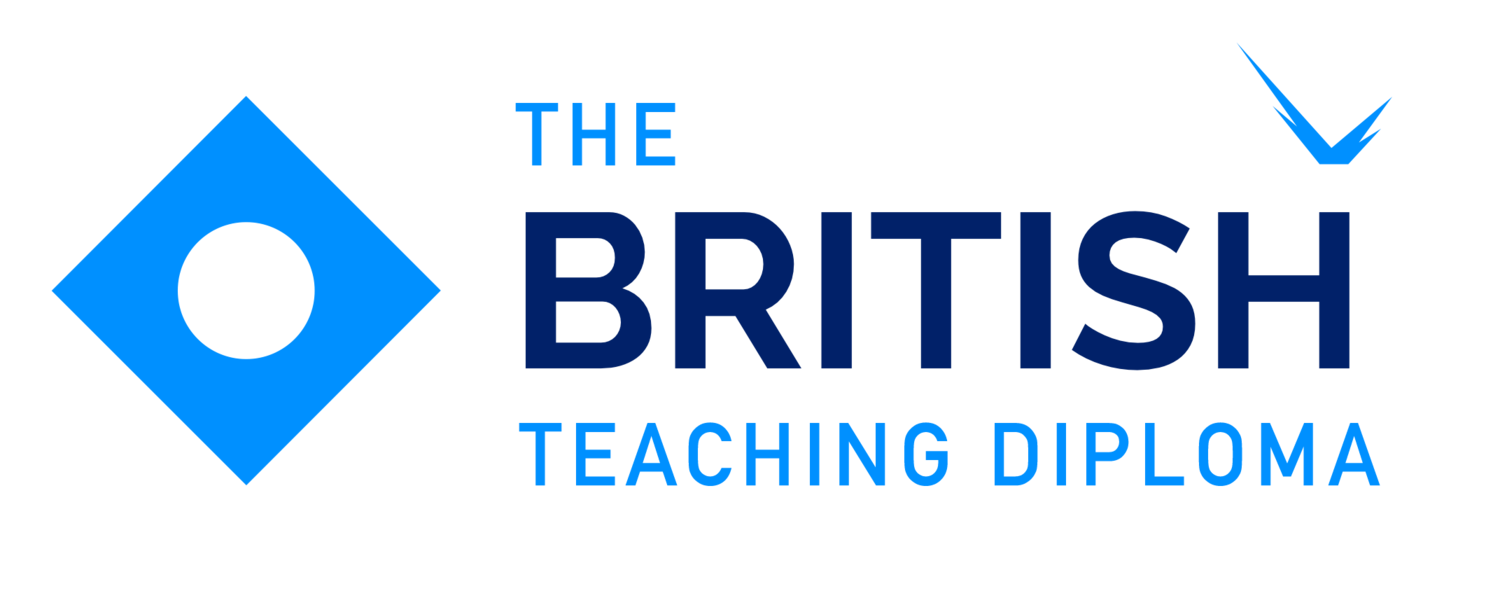The British Teaching Diploma Course Content
The BTD is built around 12 modules. These modules focus on the major aspects related to delivering high-quality learning sessions and broadly mirror the main themes of a full PGCE. The content is evidence-based and utilises the most up-to-date research, as well as British and global best practice on what we know works best in educational settings. This is a cutting-edge programme, incorporating high impact and low cost pedagogies and 21st century best practice.
The full BTD is achieved when all 12 twelve modules have been passed.
Make your teaching stand out.
-

Module 1
How People Learn
The aim of this module is to introduce cognitive load theory as a key learning idea and to introduce how this relates to assessment and planning to achieve good academic outcomes. It effectively sets the scene for the whole of the BTD programme, as each of these element will be revisited, explored and expanded in a wide range of practical contexts in the following modules.
-

Module 2
Classroom Management
The aims of this module are: to define classroom management and to develop a grounding in regulating behaviour in the classroom; to enhance learning outcomes and develop social skills and class cohesion; to understand the crucial importance of social skills in developing a positive, trusting and safe environment conducive to learning; and to promote a more reflective approach to personal pedagogy and practice.
-

Module 3
Starter and Review
The aim of this module is for the trainees to expand, and correctly apply, their classroom management skills and their understanding of how memory works through systematic, well-planned learning session starter and review activities, with attention to spaced retrieval practice.
-

Module 4
Lesson Purpose and Planning
The aim of this module is for participants to understand and be able to identify the objectives of a learning session or sequence of learning sessions and to plan to achieve this objective for all learners.
-

Module 5
Input of New Learning
The aim of this module is for participants to understand the first stage of direct instruction, the input of new knowledge and apply a range of techniques to secure students’ understanding of new concepts and their place within larger schemata before preceding to guided and independent practice. This module supports participants in converting intended objectives in their learning session plans to direct instruction that will ensure these objectives are achieved in practice.
-

Module 6
Modelling New Skills
The aim of this module is for participants to understand the second stage of direct instruction, the demonstration of how new knowledge is applied. Trainees learn skills to achieve high-quality modelling that helps learners comprehend new input through demonstrations and lets them securely move to guided and independent practice.
-

Module 7
Guided Practice
The aim of this module is for participants be able to stage and run activities to enable learners to collaborate and benefit from social construction. Guided Practice allows learners to negotiate, practice and consolidate what has been demonstrated by the teacher and for the teacher to realistically assess their learning.
-

Module 8
Checking for Understanding
The aim of this module is for the participants to be able to assess learning effectively at various points in the learning session to enable them to identify misconceptions and gaps in learning and to adapt the pace. This module presents a range of assessment and basic feedback techniques.
-

Module 9
Adaptive Teaching
The aim of this module is for the participants to be able to adapt and align in-session teaching and lesson panning with required assessment results. Adaptive teaching enables the teacher to address misconceptions, close gaps, adapt the pace and, if needed, the content of the learning session to achieve objective. It can also help teachers build metacognition. This module presents a range of strategies and techniques to adapt teaching to the developing needs of the cohort.
-

Module 10
Independent Practice
The aim of this module is to upskill trainees in the planning of independent work (including homework) which appropriately reflects preceding guided practice and promote a more reflective approach to personal pedagogy and practice. Marking techniques specific to independent work and homework are discussed.
-

Module 11
Closure
The aim of this module is for participants to understand how to round off a learning session with a sense of closure is essential to the retention of knowledge and understanding and next steps in the learning journey. This module is designed to enable participants to understand the benefits of high-quality learning session reviewing to close remaining gaps, consolidate/summarise understanding, secure retention and guide next steps.
-

Module 12
Professional Standards
The aims of this module are for participants to personalise the behaviours expected of a teacher modelling the highest standards of personal and professional conduct; to reflect the positive behaviours a teacher should exhibit to learners and to other colleagues; and to recognise behaviours that should be avoided.

